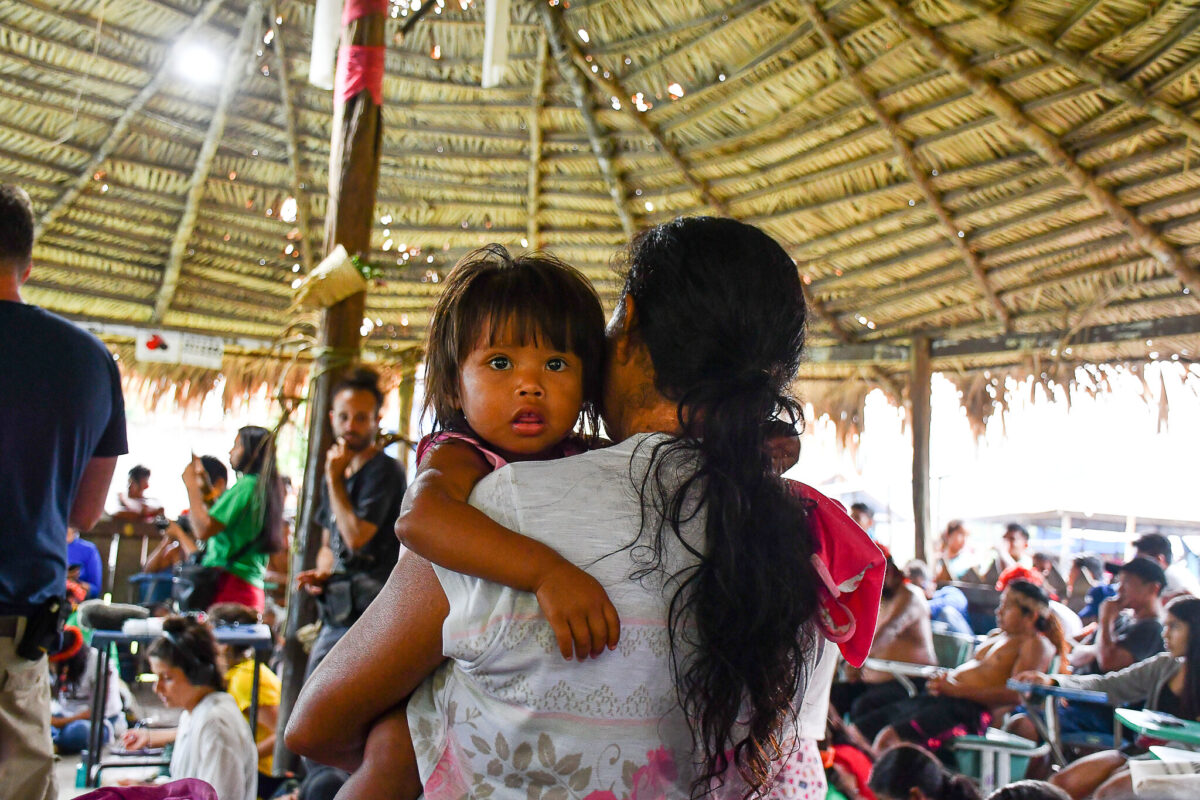- Researchers examined 130 previous studies on the impacts of climate change on threatened birds and mammals and found evidence that nearly 700 species have already exhibited negative responses to recent changes in climate.
- The researchers estimate that 47 percent of the 873 species of threatened terrestrial mammals and 23 percent of the 1,272 species of threatened birds included in the study have already been adversely impacted by climate change in at least some portion of their range or population.
- That makes it all the more important to understand the impacts already observable in wildlife due to climatic changes, given that, as noted in the study, the rate of warming over the past 50 years has been around 0.13 degrees Celsius per decade, nearly twice the rate of warming recorded over the previous five decades.
The authors of a new study that attempts to quantify the number of wildlife species that are already experiencing adverse impacts from global climate change say their results show that the effects of global warming are much more evident right now than many realize due to the fact that there has been “a massive under-reporting of these impacts.”
A team of researchers led by Michela Pacifici of the Global Mammal Assessment Program at Sapienza University of Rome examined 130 previous studies on the impacts of climate change on threatened birds and mammals and found evidence that nearly 700 species have already exhibited negative responses to recent changes in climate. The team detailed their findings in a study published in the journal Nature Climate Change earlier this month.
Pacifici and her colleagues estimate that 47 percent of the 873 species of threatened terrestrial mammals and 23 percent of the 1,272 species of threatened birds included in the study have already been adversely impacted by climate change in at least some portion of their range or population. “Our results suggest that populations of large numbers of threatened species are likely to be already affected by climate change, and that conservation managers, planners and policy makers must take this into account in efforts to safeguard the future of biodiversity,” the researchers write in the study.
Pacifici said in a statement that these results imply that there is a high likelihood of these species being negatively impacted by future climate change, as well, especially if they are already living with adverse environmental conditions (previous research has found that, though the growth of mankind’s ecological footprint has slowed somewhat in recent years, we have already significantly impacted three quarters of the Earth and “seriously altered” 97 percent of the most species-rich places on the planet).
That makes it all the more important to understand the impacts already observable in wildlife due to climatic changes, given that, as noted in the study, the rate of warming over the past 50 years has been around 0.13 degrees Celsius per decade, nearly twice the rate of warming recorded over the previous five decades, meaning that global temperatures are likely to be well above the mean temperature for the current Holocene epoch by the year 2100.
James Watson, an Associate Professor at University of Queensland’s School of Earth and Environmental Sciences and a scientist with the Wildlife Conservation Society, said that the impacts of rising global temperatures on birds and mammals have not only been underestimated, but under-reported — and that that can have real impacts on the species’ conservation status.
“Only seven percent of mammals and four percent of birds that showed a negative response to climate change are currently considered ‘threatened by climate change and severe weather’ by the International Union for the Conservation of Nature Red List of Threatened Species,” Watson, a co-author of the Nature Climate Change study, pointed out in a statement.
A November 2016 study that Watson also co-authored found that all aspects of life on Earth have been impacted by climate change. Species found in freshwater, marine, and terrestrial ecosystems have already been effected, with observed responses ranging from the genetic level all the way to the ecosystem level, that study found.
While the effects on some species have been closely studied, the present study represents one of the first attempts to determine just how many species in total are already experiencing impacts of climate change in at least one population. Watson adds that, given that the study clearly shows that climate change’s impacts on mammals and birds, some of the most-studied species on Earth, is not subject to enough scrutiny, it’s extremely likely that less-studied species groups are suffering similar impacts that are also currently under-reported.
“We need to greatly improve assessments of the impacts of climate change on all species right now,” Watson said. “We need to communicate the impacts of climate change to the wider public and we need to ensure key decision makers know significant change needs to happen now to stop species going extinct. Climate change is not a future threat anymore.”

CITATION
- Pacifici, M., Visconti, P., Butchart, S. H., Watson, J. E., Cassola, F. M., & Rondinini, C. (2017). Species’ traits influenced their response to recent climate change. Nature Climate Change. doi:10.1038/nclimate3223
- Scheffers, B.R. et al. (2016). The broad footprint of climate change from genes to biomes to people. Science. doi:1126/science.aaf7671
- Venter, O. et al. (2016). Sixteen years of change in the global terrestrial human footprint and implications for biodiversity conservation. Nature Communications. doi:10.1038/ncomms12558
FEEDBACK: Use this form to send a message to the author of this post. If you want to post a public comment, you can do that at the bottom of the page.














